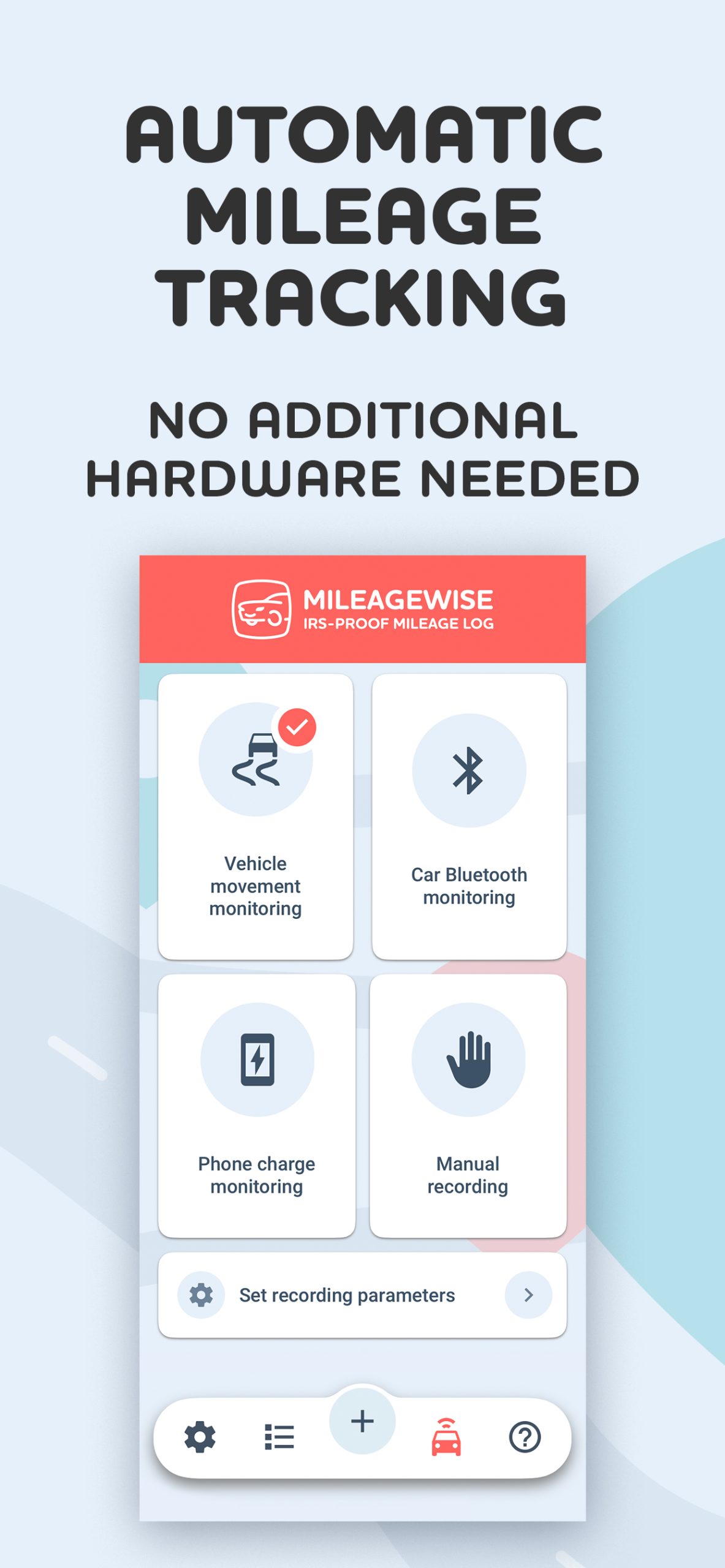Optimize Your Tax Obligation Deductions With a Simple and Reliable Mileage Tracker
In the realm of tax obligation reductions, tracking your mileage can be an often-overlooked yet critical task for optimizing your financial benefits. A well-kept gas mileage log not only ensures conformity with internal revenue service demands but additionally enhances your capability to validate overhead. Choosing the appropriate mileage monitoring device is essential, as it can streamline the procedure and enhance accuracy. Nevertheless, numerous individuals fall short to completely leverage this opportunity, leading to potential lost financial savings. Understanding the subtleties of effective gas mileage monitoring may reveal strategies that can substantially impact your tax obligation situation.
Importance of Gas Mileage Monitoring
Tracking gas mileage is essential for any person seeking to optimize their tax reductions. Precise mileage tracking not only guarantees conformity with IRS guidelines however likewise permits taxpayers to gain from deductions associated to business-related travel. For freelance individuals and entrepreneur, these reductions can substantially decrease taxable earnings, thus lowering total tax liability.
Additionally, maintaining a detailed record of mileage helps differentiate between personal and business-related trips, which is crucial for substantiating insurance claims throughout tax obligation audits. The IRS calls for details paperwork, including the day, destination, function, and miles driven for each trip. Without thorough records, taxpayers risk shedding important deductions or facing charges.
Furthermore, effective gas mileage tracking can highlight trends in travel expenditures, helping in far better monetary planning. By examining these patterns, people and businesses can determine possibilities to optimize travel paths, lower prices, and improve operational performance.
Selecting the Right Mileage Tracker
When selecting a gas mileage tracker, it is vital to think about different attributes and functionalities that straighten with your specific needs (best mileage tracker app). The very first facet to evaluate is the approach of monitoring-- whether you choose a mobile application, a GPS tool, or a manual log. Mobile applications typically give comfort and real-time tracking, while GPS tools can provide more accuracy in range dimensions
Next, evaluate the assimilation capabilities of the tracker. An excellent gas mileage tracker must flawlessly incorporate with accounting software application or tax preparation tools, enabling straightforward data transfer and coverage. Seek attributes such as automated monitoring, which lessens the need for hand-operated entries, and categorization options to distinguish between service and personal journeys.

How to Track Your Gas Mileage
Choosing a suitable mileage tracker sets the foundation for efficient mileage administration. To accurately track your gas mileage, begin by determining the objective of your travels, whether they are for company, charitable activities, or medical factors. This clarity will help you classify your trips and guarantee you capture all appropriate data.
Following, constantly log your mileage. For hand-operated access, document the starting and ending odometer readings, along with the day, objective, and route of each trip.
It's also important to frequently examine your entries for precision and efficiency. Establish a schedule, such as regular or regular monthly, to consolidate your documents. This technique Source helps prevent discrepancies and guarantees you do not overlook any kind of deductible gas mileage.
Finally, back up your records. Whether digital or paper-based, maintaining back-ups shields against data loss and facilitates easy gain access to during tax prep work. By diligently tracking your gas mileage and preserving organized documents, you will lay the groundwork for optimizing your possible tax obligation reductions.
Making The Most Of Deductions With Accurate Records
Precise record-keeping is important for maximizing your tax reductions connected to mileage. When you preserve comprehensive and precise records of your business-related driving, you produce a robust structure for claiming reductions that may significantly reduce your taxed revenue.
Making use of a gas mileage tracker can enhance this procedure, allowing you to log your trips effortlessly. Lots of applications immediately calculate ranges and classify journeys, saving you time and reducing mistakes. Furthermore, maintaining supporting documentation, such as receipts for associated expenses, enhances your instance for reductions.

It's important to be constant in tape-recording your gas mileage. Daily tracking makes sure that no journeys are neglected, which could result in missed reductions. Frequently evaluating your logs can aid determine patterns in your driving, enabling far better preparation and potential tax financial savings. Eventually, precise and organized mileage records are key to optimizing your reductions, guaranteeing you take complete benefit of the possible tax obligation benefits offered to you as a business driver.
Common Blunders to Avoid
Maintaining precise documents is a substantial action towards taking full advantage of gas mileage reductions, but it's just as vital to be aware of common errors that can undermine these efforts. One prevalent mistake is falling short to record all journeys properly. Also minor business-related trips can build up, so overlooking to videotape them can result in significant shed reductions.
An additional mistake is not separating in between individual and business mileage. Clear categorization is vital; mixing these 2 can cause published here audits and bring about charges. Additionally, some individuals forget to maintain supporting documents, such as receipts for associated expenses, which can additionally confirm claims.
Using a mileage tracker app makes sure regular and reliable records. Familiarize on your own with the most current policies relating to mileage reductions to avoid unintentional errors.
Verdict
In verdict, efficient gas mileage tracking is necessary for making best use of tax deductions. Using a reliable mileage tracker simplifies the procedure of tape-recording business-related trips, ensuring exact paperwork.